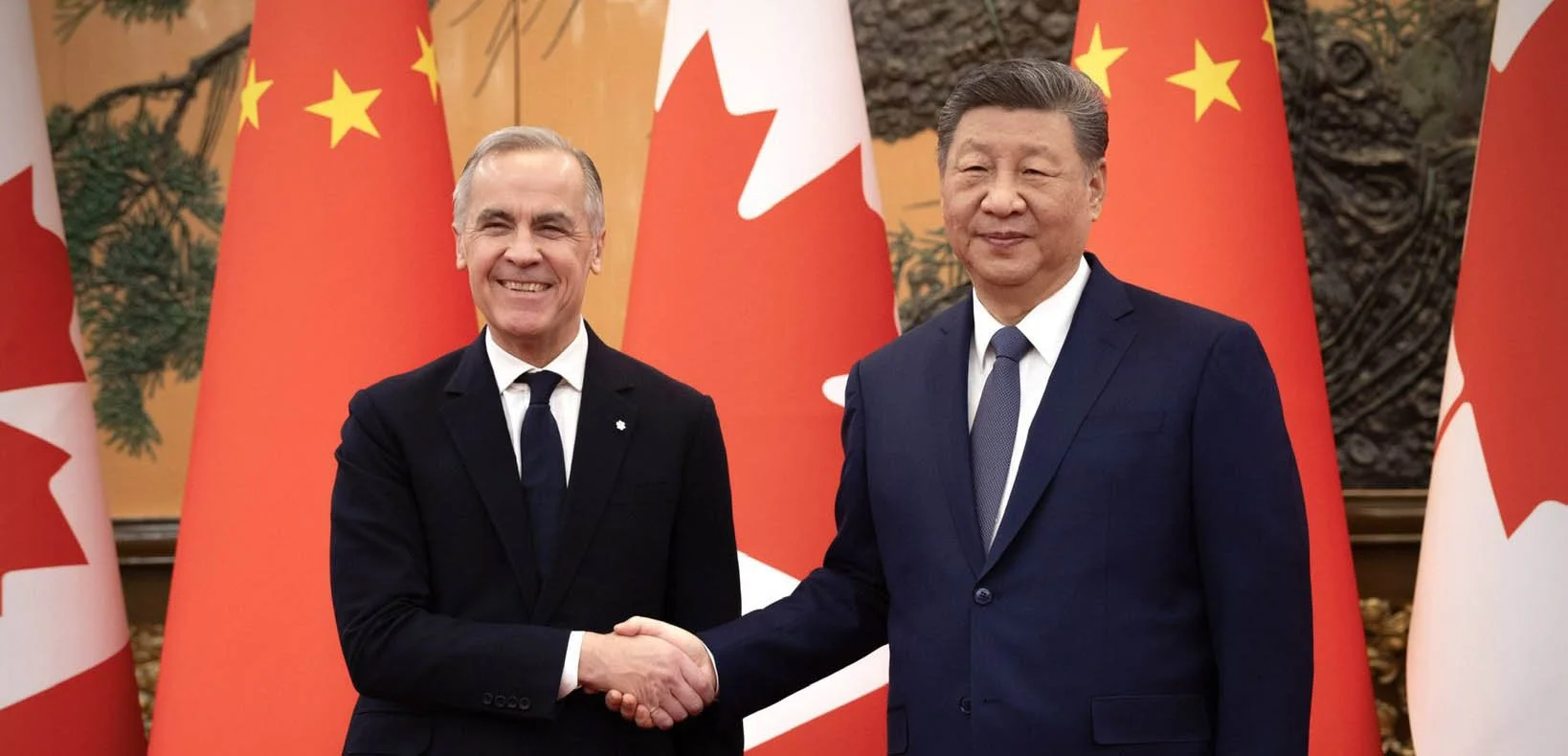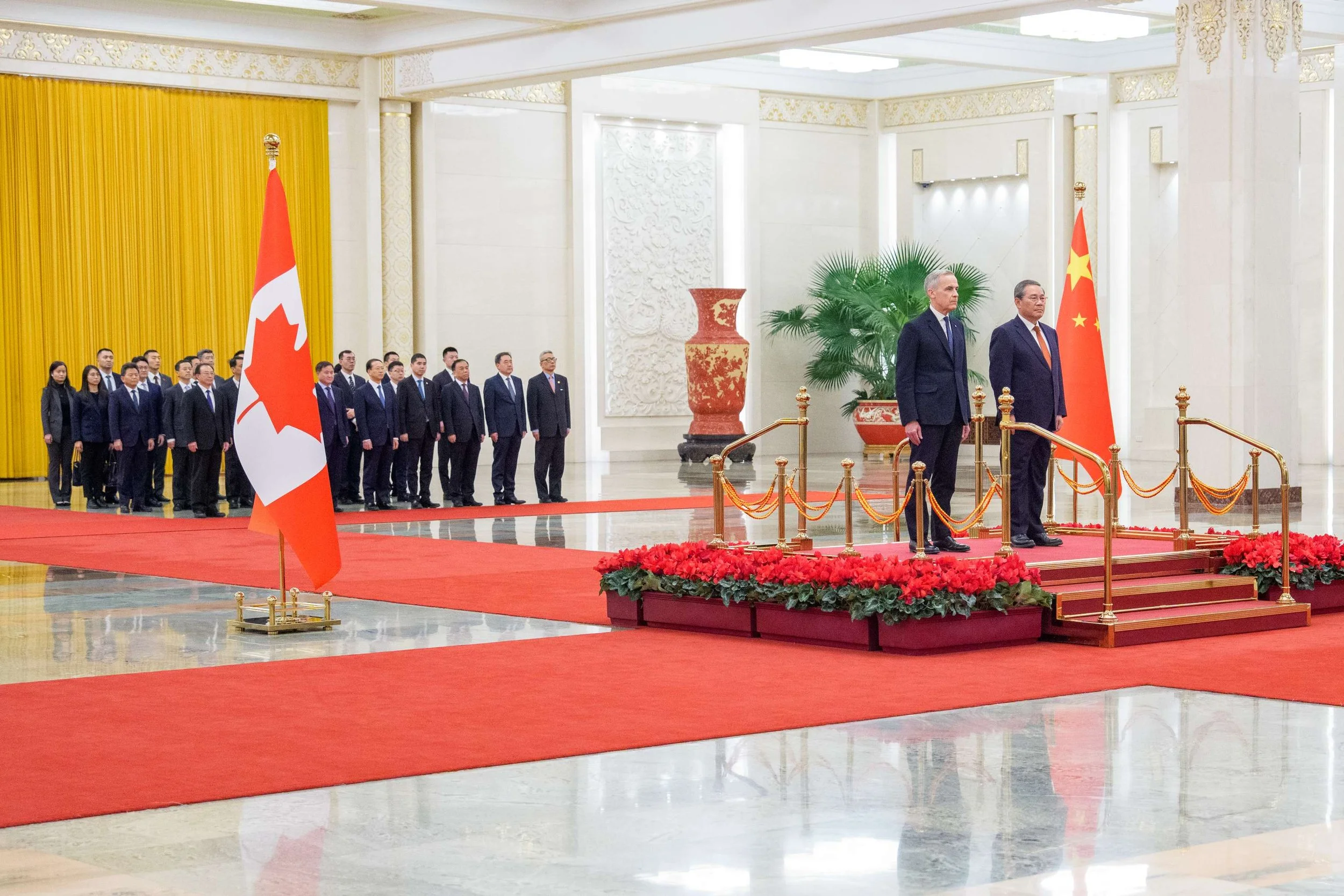Trump ‘isn’t playing smart politics’ with Canada: Holt
Scotiabank’s Vice-President and Head of Capital Markets Economics Derek Holt. / SCOTIABANK PHOTO
As former U.S. President Donald Trump renews calls for tariffs against Canadian goods, Scotiabank’s Vice-President and Head of Capital Markets Economics Derek Holt is warning that such a move could carry economic and diplomatic consequences for both countries.
In a commentary published this week, Holt said that the U.S. risks missing an opportunity for a stable trade and security arrangement with Canada — particularly with the current federal government under Prime Minister Mark Carney.
“Trump isn’t playing smart politics with Canada,” Holt wrote. “His best chance at a collaborative trade and security arrangement on its northern border is with Mr. Carney’s administration that he is undermining.”
Holt noted that Carney leads a minority government, meaning any future trade agreement with the U.S. would require majority support in Parliament. “There would probably be strong push back against a deal involving persistent U.S. tariffs against Canada, let alone anything to do with supply management that the BQ would vote against and perhaps with support from others,” he wrote, referring to the Bloc Québécois.
‘Ticked off’ consumers
According to Holt, Canada's most likely response would be to continue pursuing negotiations, although he suggested that progress has been limited so far. “Keep trying to negotiate as the best option, but so far it seems to be largely fruitless because Trump is fundamentally a protectionist,” Holt said, outlining several possible options for a more indirect or “passive” Canadian response if tariffs are reinstated. Those included limiting U.S. firms’ participation in domestic projects and shifting trade toward other international partners.
“One path could entail excluding U.S. firms from Canadian procurement and participation in defence and infrastructure projects,” he wrote. “And/or exclude them from access to resources, particularly critical minerals.”
He also pointed to signs of shifting consumer behaviour. “A ticked off consumer base that continues to substitute toward domestic and non-U.S. foreign options is already a factor,” Holt said. “I for one am loving my new made-in-Canada BBQ.”
Ultimately, Holt concluded that a cooperative approach remains in the best interest of both nations. “The best option of course is for Canada and the U.S. to remain tightly integrated in a sensible agreement,” he said. “Failing that, political uncertainty and alternative arrangements are at risk. It is not in America’s best interests to have instability across the Americas in its own backyard.”






